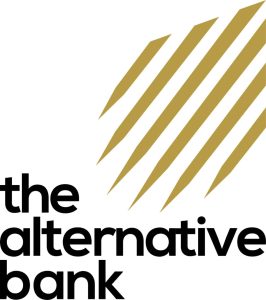Fitch maintains rating on Access Bank’s national long-term

Fitch Ratings has maintained Access Bank Plc’s ‘A+(nga)’ National Long-Term Rating and ‘F1(nga) National Short-Term Rating on Rating Watch Negative (RWN).
The rating actions follow a review of Access bank’s creditworthiness relative to other Nigerian issuers. Fitch has recalibrated the Nigerian National rating scale following the sovereign downgrade on 6 April.
According to Fitch Ratings, “ Resolution of the RWN will depend on the fallout from the oil price crash and the impact of the coronavirus pandemic on the bank’s credit profile. Fitch will focus on the bank’s asset quality and capital metrics as these have been pressured by the acquisition of troubled Diamond Bank in April 2019.”.
The report by Fitch rating said, “The bank reported an impaired (Stage 3)/gross loans ratio of 5.9per cent and loan loss allowances/impaired loan ratio of 108 per cent at end-1Q20. While the impaired loan ratio is in line with peers, its Stage 2 loans/gross loans ratio remains high at 28 per cent at end-1Q20 (end-2019: 30.7 per cent).
“The majority of Stage 2 loans were inherited from Diamond and these may not migrate to Stage 3 due to pre-emptive and regular restructuring which commenced in 2019. As we understand, 67 per cent of the Stage 2 book is in naira, protecting Access from asset quality and devaluation risks to some extent.
“Furthermore, Access made some progress in the first three months of the year in reducing Stage 2 oil and gas loans to 13.8 per cent of the total at end-1Q20 (end-2019: 16.5 per cent). Of the stage 2 loans, the oil and gas-related loans are the ones we view as potentially risky given the current low oil prices.
“Access’s Tier 1 and total capital ratios rose to 17.3 per cent and 20.9 per cent at end-1Q20. Access plans to enhance regulatory capital ratios in 2020 through higher retained earnings, thanks to its solid revenue-generating capacity that has been boosted by the acquisition, notwithstanding the pandemic.
“Access will remain profitable in 2020 due to strong margins (including further improvement in its cost of funding), robust non-interest income and lower operating expenses post-merger.”






